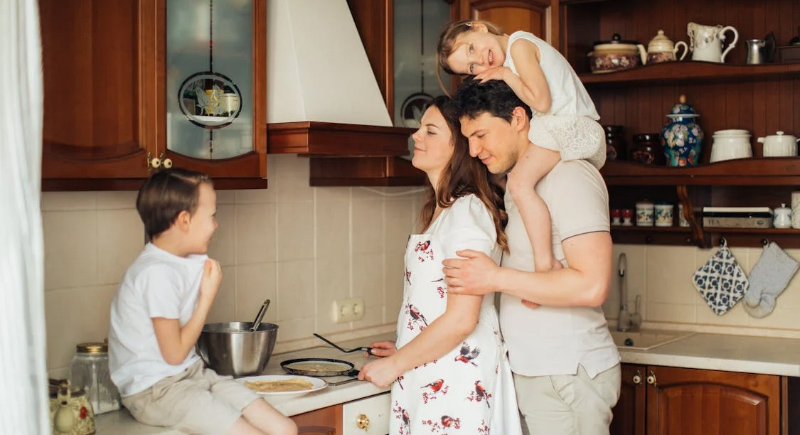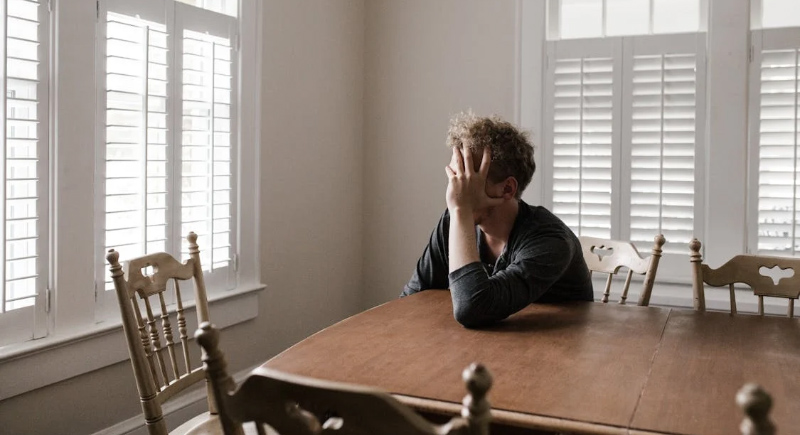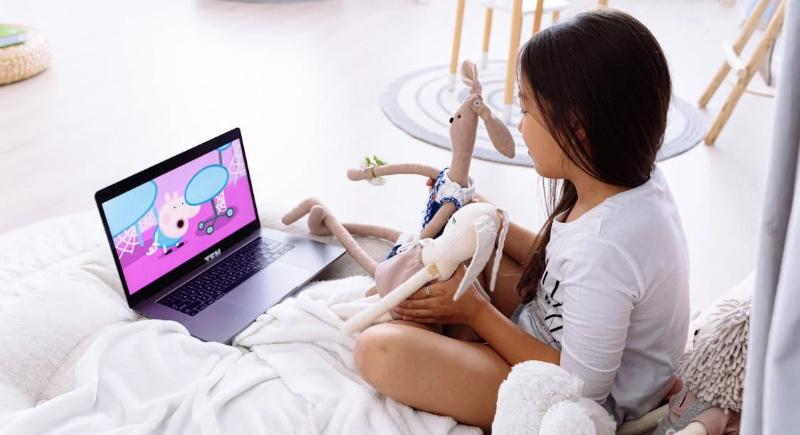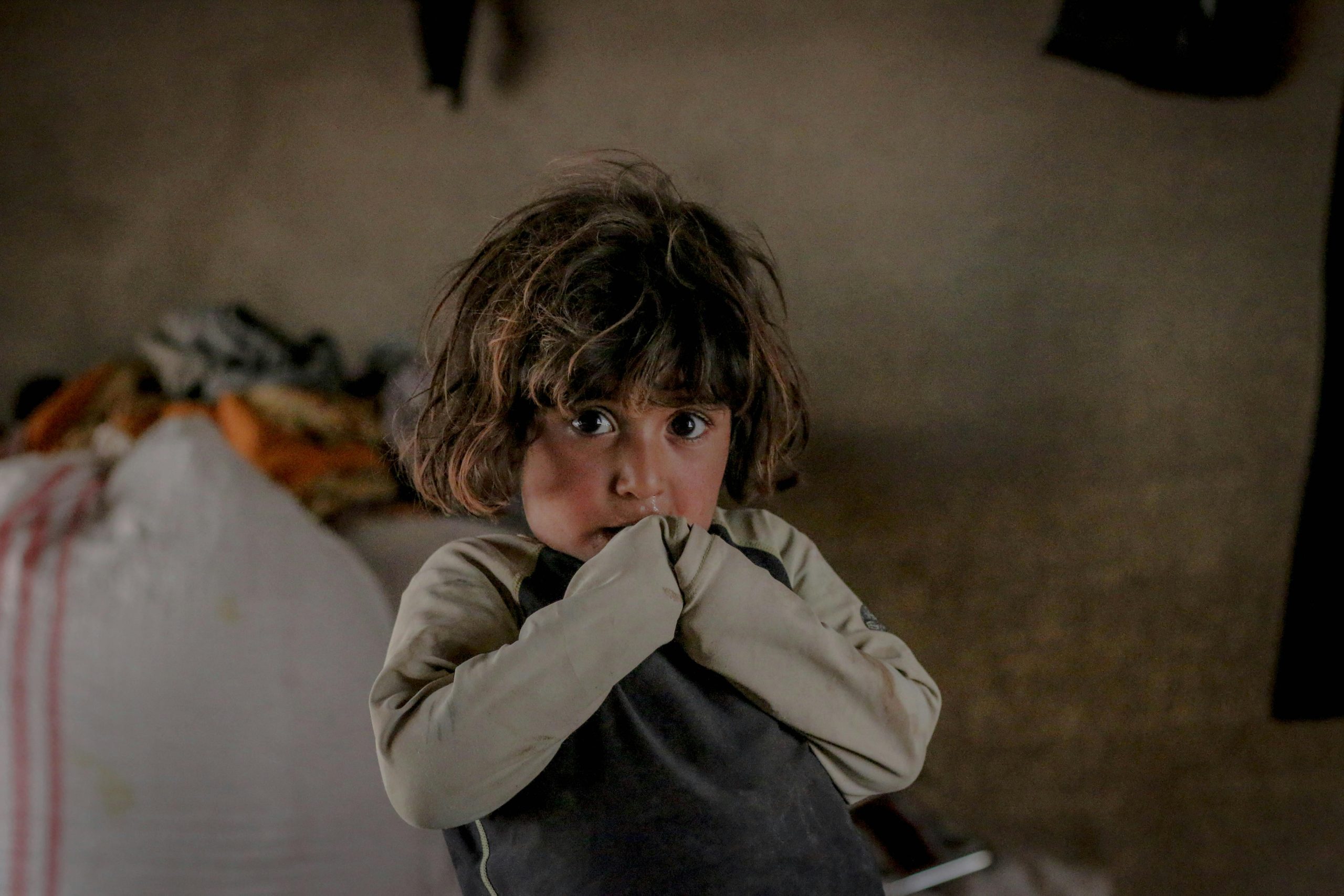13 Things Millennials Still Resent Their Parents For
Millennials didn’t just inherit hand-me-down jeans and VHS tapes. They also got a mixed bag of parental decisions that still sting. This article looks into those not-so-little gripes that linger like the scent of ‘80s cologne. It’s a lighthearted look at how avocado toast isn’t to blame for everything.
Telling Them College Was the Only Path to Success

Credit: pexels
Parents meant well, but this single-track advice hasn’t aged well. Millennials were sold the dream of a degree equaling security, only to graduate into recessions and an oversaturated job market. Millions of people are saddled with student loans while employers demand experience over education.
Never Teaching Practical Skills Like Taxes or Budgeting

Credit: pexels
Algebra got hours of classroom time, but nobody ever explained how to file a W-2 or balance a checking account. Many millennials entered adulthood not knowing how to manage credit or file taxes. Instead of lessons on compound interest, there were confusing phone calls with TurboTax and a lot of Googling.
Undervaluing Creative Careers

Credit: pexels
Graphic design, photography, and writing—creative paths were often brushed off as hobbies, not real jobs. Many were nudged into fields like law, medicine, or business, even when their talents resided in the arts. Fast-forward, content creation, UX design, and digital marketing are booming.
Pressuring Them Into Marriage and Kids Early

Credit: pexels
There was a timeline: graduate, get a job, marry, have kids, preferably before 30. Parents who followed that formula couldn’t understand why millennials hit pause. Between rising costs, student loans, and changing gender roles, many chose to wait or skip milestones altogether.
Saying Mental Health Struggles Were Just “a Phase”

Credit: pexels
“Shake it off” and “you’re just being dramatic” were common reactions to what now gets diagnosed as mental health problems. Older generations didn’t always take mental health seriously, often equating it to weakness. Meanwhile, millennials pushed for access to therapy, workplace wellness, and open conversations.
Buying Into the Housing Market Early, Then Shaming Renters

Credit: pexels
Parents bought homes when prices were reasonable and interest rates made sense. Then they turned around and scolded millennials for “throwing money away on rent.” But buying a house in the 1980s cost about 3 times the average annual income. Today? It’s closer to seven times.
Expecting Babysitting or Caregiving for Free

Credit: pexels
Millennials often get asked to watch younger siblings, aging parents, or nieces and nephews “because you’re not busy.” There’s a long-standing expectation that time equals availability, especially if there are no kids of their own. But with side gigs, student debt, and packed schedules, unpaid labor feels less like love.
Staying Silent About Family Dysfunction

Credit: pexels
Everything was “fine” until it wasn’t. Many parents avoided tough conversations and swept them under the rug to maintain appearances. As adults, millennials had to unpack a lot through therapy, books, or honest discussions. Silence didn’t protect; it just delayed healing.
Forcing Religious or Cultural Traditions Without Explanation

Credit: pexels
Going to church, practicing customs, or following specific rules often came without context—just “because that’s how it’s always been.” Millennials grew up with more access to global ideas and started asking why. And when the answer was just tradition, it didn’t always stick.
Saying Just Walk In and Ask for a Job

Credit: pexels
The idea sounds charmingly retro—pop into a business, smile, hand over a résumé, and walk out with a job, but that strategy belongs to a different era. The average job posting attracts over 100 applicants, with many roles never advertised publicly. Millennials are navigating a system where networking beats knocking.
Blaming Technology for Everything

Credit: pexels
For some reason, every modern inconvenience gets pinned on technology. Sure, screen time matters, but so does perspective. Most millennials use tech to work, learn, and stay connected like everyone else. Blaming apps for everything is like blaming the toaster for burnt toast.
Not Spending Quality Time With Kids

Credit: pexels
For a generation raised on latchkey afternoons, emotional connection often came second to chores and dinner prep. Many millennials grew up figuring things out alone while their parents juggled survival. Parents worked hard, but quality time sometimes got replaced with TV babysitters and car rides in silence.
Saying “I Said So” Instead of Explaining

Credit: pexels
The line “because I said so” ended thousands of conversations before they even started. This constant shutdown shaped how people handled authority—as something to fear or avoid, not understand. As adults, many had to relearn how to communicate with clarity and empathy.
Shaming Tattoos, Piercings, and Identity Choices

Credit: pexels
A little ink or a nose ring used to send parents into full panic mode. “You’ll never get hired!” or “What will Grandma think?” was the usual response, followed by unsolicited advice on removal creams, but times changed. Nearly 40% of millennials got at least one tattoo, and most employers don’t care.
Forcing a Landline Mentality in a Wireless World

Credit: pexels
Millennials grew up being told not to tie up the phone line, and now their parents text “Call me” instead of just… texting. From refusing to use voicemail to expecting real-time updates 24/7, the communication gap runs deep—and frustrating. Newsflash: nobody wants to talk on the phone during a Zoom-packed workday.
Teaching Fear Instead of Boundaries

Credit: pexels
Instead of teaching consent or emotional boundaries, many parents leaned on fear—”Don’t talk to strangers” was the curriculum. Millennials had to unlearn paranoia and relearn personal safety in more nuanced ways. Knowing the difference between discomfort and danger would’ve saved many awkward adulthood moments and therapy bills.
Comparing Struggles With “I Had It Worse” Stories

Credit: pexels
Millennials heard it constantly—stories of paper routes, military service, or doing homework by candlelight. Instead of support, they got comparisons that downplayed real challenges. Over time, this made it harder to open up. Many learned to silence their emotions or second-guess their pain, unsure if it was “bad enough” to matter.